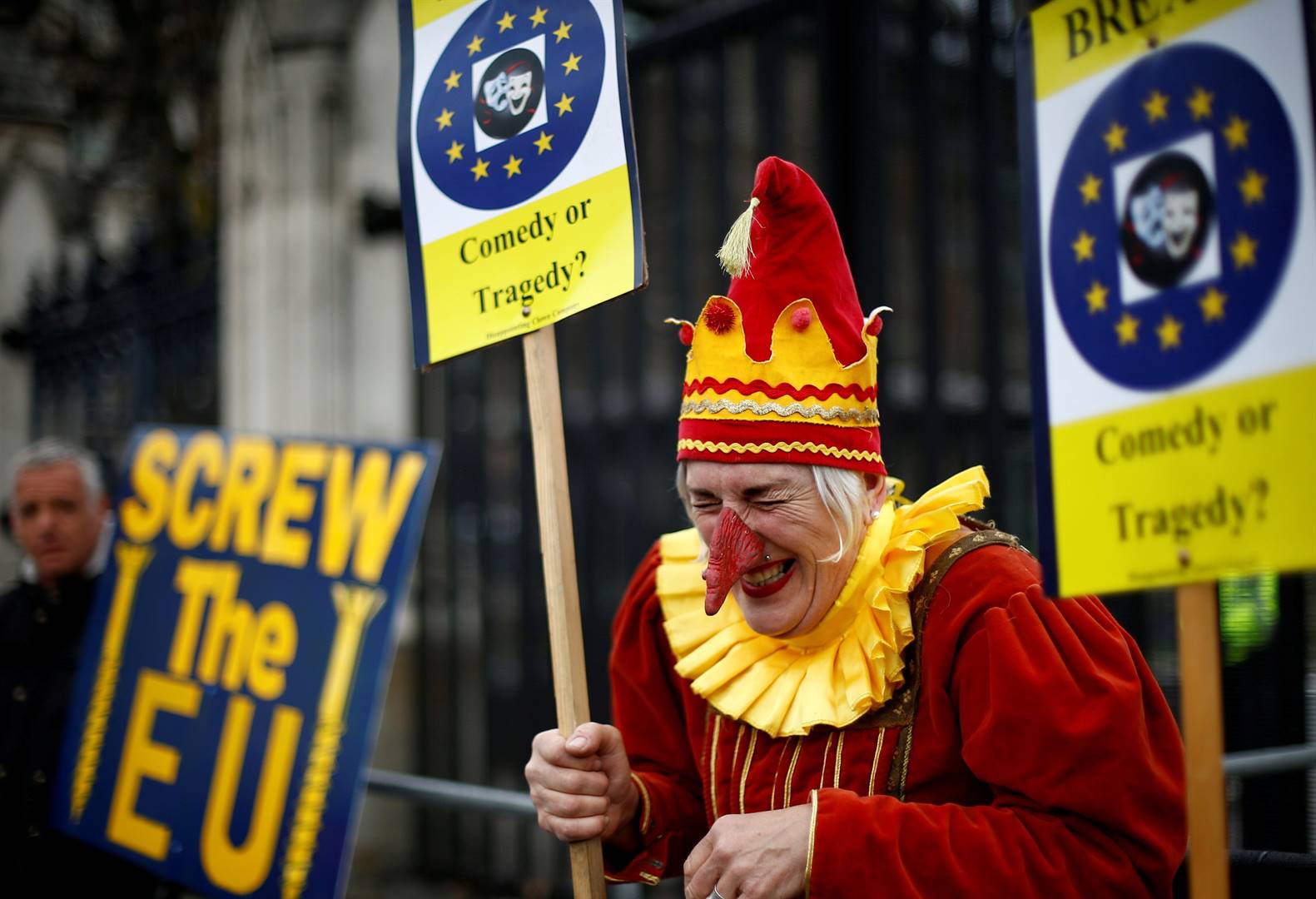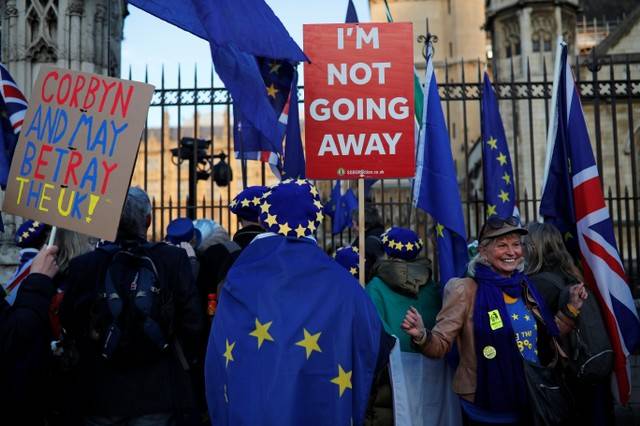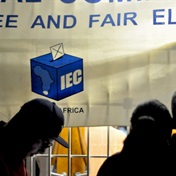
A million citizens of the United Kingdom descended on central London on Saturday to make a call for another European Union referendum.
This follows an EU referendum of June 23 2016, where 51.9% of UK Citizens voted to leave the EU which they had been part of since 1973. Being part of the EU meant the UK was part of a single market where they trade freely with other European countries and trade as a block with countries outside the EU.
On the other hand it meant the UK, which has been fiercely independent for centuries, was now sacrificing part of its sovereignty and independence to the European block, and were agreeing to be bound by the decisions of the European court, European Free Trade Area, and to live up to certain standards set by the EU commission, something that had always irked some circles within the UK, mostly the old imperialists and conservatives.
This unhappiness about UK’s loss of Independence reached its tipping point in 2015, when a million immigrants descended on the shores of Europe via the Mediterranean sea, looking for a new home and a place to reinvent themselves.
Germany’s Angela Merkel, one of the leading countries in the EU, put her political capital on the line by accepting a huge number of those million immigrants into Germany and the EU encouraged its members to share the migrants load. This resulted in immigration becoming the most important election topic in most European countries.
Political rivals within member countries, the far right mostly, some conservatives within the UK who had always argued for British purity, gained momentum in the minds of the electorate over the EU’s handling of immigration.
Countries were feeling overwhelmed by immigrants, especially because the immigrants were from countries deemed undesirable. In countries such as Italy, the right wingers took over the electoral mandate and formed new and heartless governments.
The question of the EU being the sole decider on the fate of its members, particularly on such highly sensitive issues such as immigration, brought to intense scrutiny the question of sovereignty among some of its members and for Britain, the old sentiments about the loss of independence of the UK within the EU came back like a vengeance. A referendum was inevitable.
The 2016 referendum split the UK in half, with just under 52% of the country deciding to cut ties with the EU. The hardliners went on an overdrive and won the day. Fear and scaremongering, immigrants coming to take jobs, to take small businesses, terrorists from Arab African countries, particularity Libya, who had an axe to grind with Britain, were hiding behind immigrants to come to Europe and destroy the western way of life. The whole lot needed to go back to wherever it is they came from.
Two years later however, with Britain still stuck in Europe, having finally been awakened to just what do they stand to lose by leaving the European block, that referendum victory does not taste so good anymore, even to those who voted to leave the EU. As one analyst says: “Britain’s decision to quit the EU was fundamentally a political one, rather than economic.”
Unfortunately, it is the economic reasons that brought the million man march on Saturday seeking to reconsider the decision of June 23 2016. Both the politicians and the citizens had not really thought long and hard about the economic implications of leaving the EU.
Stuck in old delusions of grandeur about an Empire that once stood on its own for centuries on end, Britain did not realise just how much Europe means to it. Everyone was blinded by prejudice and a false sense of invincibility.
Since that fateful day in 2016, Britain has been trapped in that moment. The UK’s prime minister, more realistic than her fellow MPs and Cabinet members, who don’t have the challenge of having to face the EU to negotiate, has been trying to find a practical and beneficial way to leave the EU.
However, the rest of the gang has been trying to find a way to retain all the benefits of a single market but to free itself of all the responsibilities.
From the onset, the “EU insists that all members of the single market adhere to the four freedoms: free movement of labour, capital, goods and services”.
This means that “quitting the customs union could mean significant new tariffs”, constrained movement of labour, and could compromise Britain as the financial hub of the world. The depth of the crisis that awaits the UK after leaving the EU is yet to be fully measured.
For example, “in 2015, the UK exported £133 billion (about R2.5 trillion) of goods to its fellow EU members. These exports accounted for around 44% of total UK exports. In the area of trade in services, the UK has a considerable surplus of £24 billion with Europe. The worst estimation of what the UK will lose if it fully moves outside the EU is estimated at a loss of 10% of its GDP.”
The UK took a decision to leave the EU based on politics, prejudice and anti-African sentiments steeped in a false sense of superiority.
Three years later, the UK is about to be hit by its worst rude awakening. The glory days of the Empire are over. The old ways of relating with other countries, matriarchal and exploitative, taking resources of other countries and giving back nothing, the toxic savourism, is over.
In practice, the UK is highly dependent on its European family and other countries of the world. The UK is now trapped between a rock and a hard place and, suddenly, European membership is starting to mean much more than it did two years ago.
With millions of Brits starting to reconsider their decision to vote the UK out of the EU, after being shown the economic costs of the move, it seems where politics of prejudice wanted to divide the people, the economic realities united them.
• Diko is ANC spokesperson in the Western Cape




 Publications
Publications
 Partners
Partners









